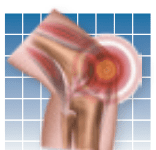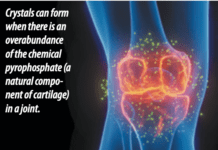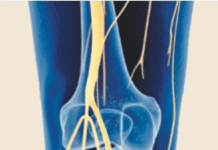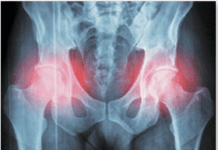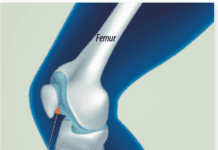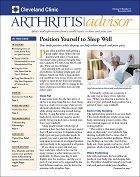Opium-based pain medications such as oxycodone (OxyContin), meperidine (Demerol), propoxyphene/acetaminophen (Darvocet), and hydromorphone (Dilaudid) present a perplexing risk vs. benefit problem, both for the patient and the doctor. Opioids are the most effective drugs for treating pain, but they have the potential to cause both psychological and physical dependence. Many patients "underdose" themselves because they are afraid of addiction, and many doctors are reluctant to prescribe these drugs because of legal risks. Even those in the medical community are split, some saying the risk of addiction is great, others-primarily those who specialize in pain management-believing the risk in older adults is overstated. "Older individuals tend to have a lower risk for addiction with first- time exposure to dependence-producing agents," says Teresa Dews, MD, a pain-management specialist at Cleveland Clinic. "There also is a known segment of people who have an addiction as a pre-existing medical condition, estimated to be between seven and 12 percent of the U.S. population. If some of these individuals are exposed to opioid or narcotic medications for treatment of pain syndromes, a pre-existing addiction may be activated or reactivated."
To continue reading this article or issue you must be a paid subscriber.
Sign in











